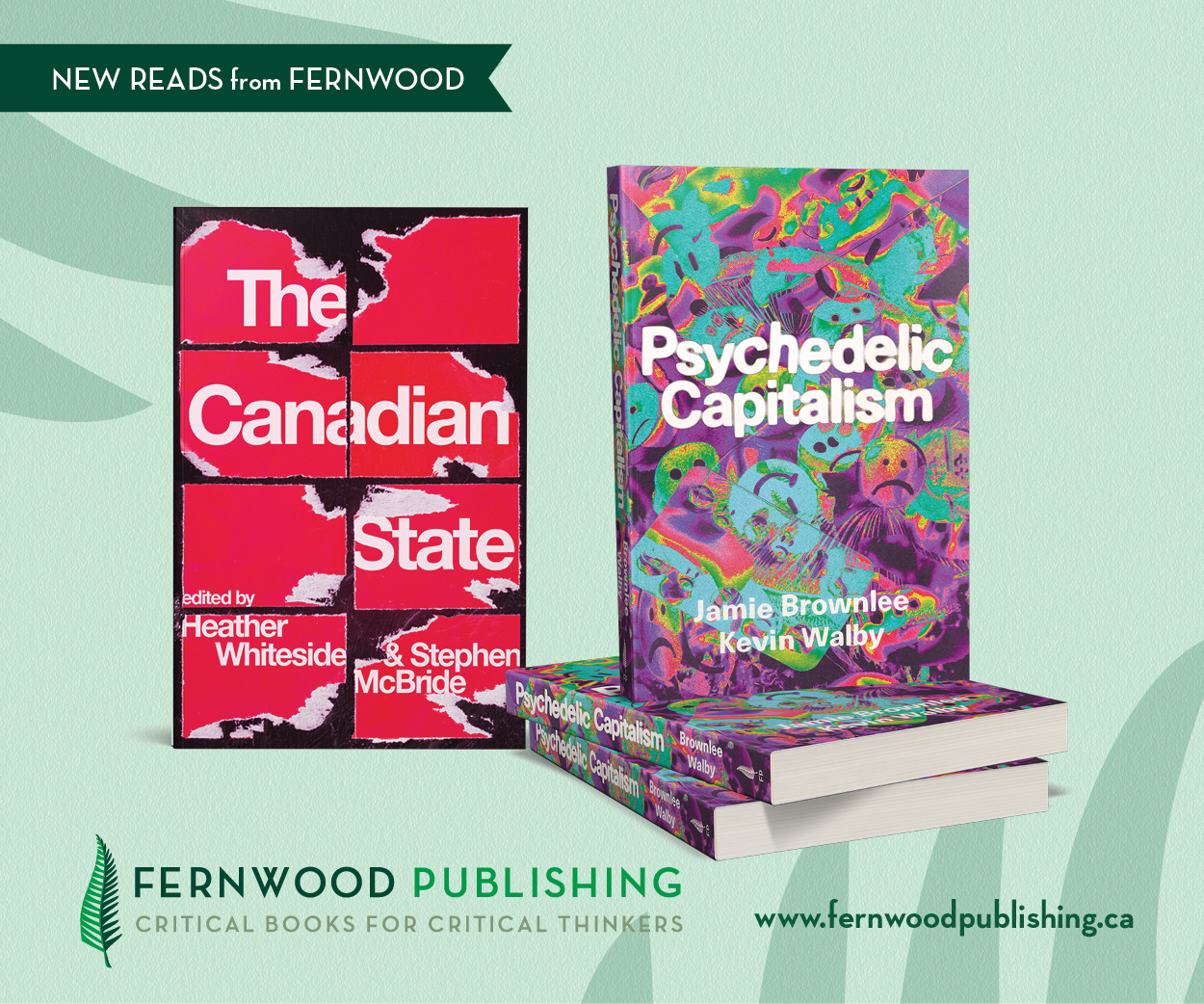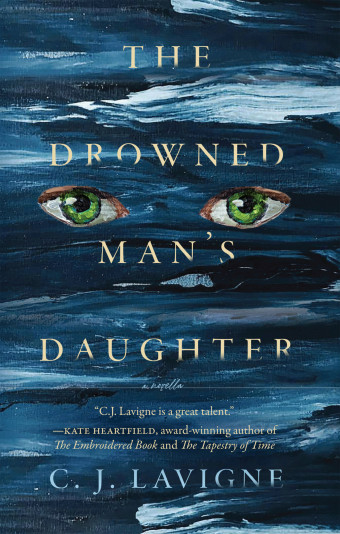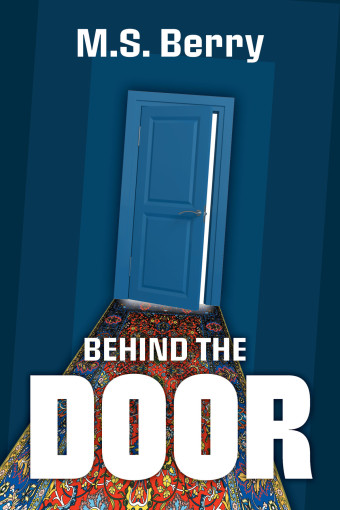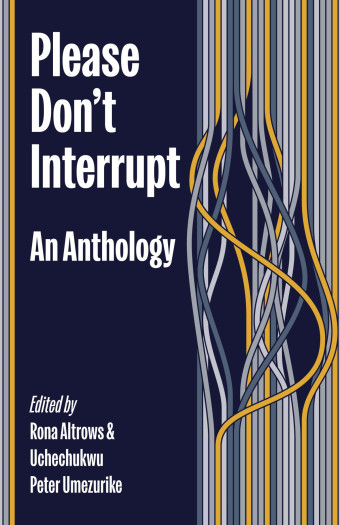As the first full-length offering from Corinna Chong since her well-received debut novel Belinda’s Rings in 2013, The Whole Animal, her debut short story collection, has been a long time coming.

- The Whole Animal
- Corinna Chong
- Arsenal Pulp Press
- $19.95 Paperback, 184 pages
- ISBN: 978-15-51529-15-8
“The collection includes some stories that were previously published in literary magazines, and some that I’ve been working and reworking for many years. One story had its beginnings in an undergraduate creative writing class 14 years ago!” she shares.
Chong, currently based in British Columbia and born and raised in Calgary, is hard at work on a new novel set in the Canadian Badlands, but the short story form gave her an opportunity to play.
“What excites me most about writing short stories is how well the form lends itself to experimentation,” she says. “I usually begin a story with a single image or sentence, freely exploring its implications without a clear goal in mind, which often leads me in surprising directions that I hadn’t anticipated.”
As a result of moving in unpredictable directions, the stories cover a variety of topics and situations. The 2021 CBC Short Story Prize winner “Kids in Kindergarten” follows a woman who has suffered a miscarriage (seemingly not the first) and who struggles to keep her composure while reading to kids at the school where her friends’ children attend. What begins as a sombre reflection ends with just a flash of the narrator’s frustration and rage.
In “Butter Buns,” teenager Gavin has a hard time adjusting to changes in his mother, who has found a new interest in bodybuilding. In “Wolf-Boy Saturday,” Alma struggles to help a traumatized boy learn to speak, even as communication in her long-term relationship continues to fail. In both “Love/Cream/Heat” and “Kevin Bombardo,” the protagonists find themselves at a loss when their memories and perceptions of key people and events in their pasts are challenged.
“There are recurring themes and tropes across the stories in this collection,” says Chong. “Weird kids, the messiness of motherhood, a disconnection between the body and the self, to name a few – but this wasn’t really an intentional choice.”

Children indeed play a pivotal role in many of the stories. Not just young kids of a certain age, but also adults in their continuing relationships to parental figures.
“I’m fascinated by enigmatic child characters,” Chong admits. “I think children are often vivid reflections of our own most deep-seated hopes and fears, perhaps because they can be so honest and unencumbered by social expectations. In this way they are great vehicles for forcing characters to confront their internal conflicts head-on.”
Composing short stories is not all that different from working on a novel, at least in one basic way. Chong says, “There’s a great analogy from E. L. Doctorow: Writing is like driving at night in the fog. You can only see as far as your headlights, but you can make the whole trip that way.
“This is as true for me for novel writing as it is for story writing. The main difference, however, is that novel writing requires hitting key checkpoints along the way.”













